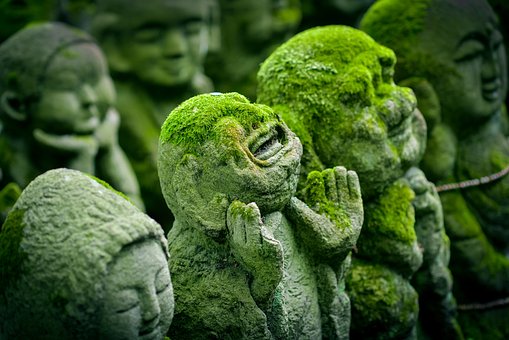“The idea comes from a passion of mine – explains Don Marco Pozza -. When I was a student at the classical high school I was in love with Giovanni Verga and since this year falls the centenary of his death I went back to some readings made, above all on the concept of the vanquished who he described with his novels”.
You are the prison chaplain in Padua, do you somehow deal with “conquered” people every day?
Exactly, that theme is daily bread. So I asked myself what I could do to not let this anniversary fall in vain. And so I tried to unite the figure of the Verga with that part of the Gospel with similar themes, creating a bridge between culture and spirituality. And so the Sermon on the Mount on the beatitudes came to my mind and I realized that what Verga put in literature Jesus had put in a speech two thousand years earlier.
The docu-series is completely set in Sicily.
Yes, just to tie me to Verga. I liked the idea of going back to where he had lived and wrote, in the city of Catania and, two thousand years after Jesus’ discourse, going to see how these new beatitudes can be declined today. We chose the community of Sant’Egidio as a base camp and then we tried to decline every beatitude through a contemporary story.
What kind of stories are we talking about?
Obviously they are stories of people who have been “won”, who may have been knocked down by life, but who at the same time didn’t give up. So they are stories of courage and non-resignation.
How are the episodes structured?
There are my interviews with these people in the environment in which they live, then, from the summit of Etna, I try to delve into this story trying to extrapolate its theological value. Everything is then introduced at the beginning of each episode by a text by Verga which is read by an actress from Catania, Giulia Fiume. The attempt is to bring the Christian message into dialogue with contemporary culture supported by the great Sicilian author.
There are nine episodes, each of which deals with a bliss. Is there a red thread that unites them all?
The battle they are fighting. Each of us does. Maybe the losers then lose this battle, but it’s nice to see what are the logics that push a person not to give up. If I could find a common thread that unites all these stories, it is precisely the concept of non-resignation. A rage that has led someone to derail in life while others have managed to transform it into creativity.
At the center of the first date is Alice, a 16-year-old girl who has decided to engage in an environmental battle against the fate our planet is heading towards. So the stories mix everyday concrete difficulties and great ideals?
All stories start from a concept: faced with something that happens to us, the person wonders what he can do with what happened? Alice, fight for the environment. Then we have the story of a president of the Corte di Assise, therefore someone who tries to guarantee the law in a city in which it is often pilloried. We have an 85-year-old lady who took her diploma for five years, and then the story of Franchina, a transvestite who works as a prostitute.
“The speech on the mountain”, don Marco Pozza in search of stories of beatitudes

